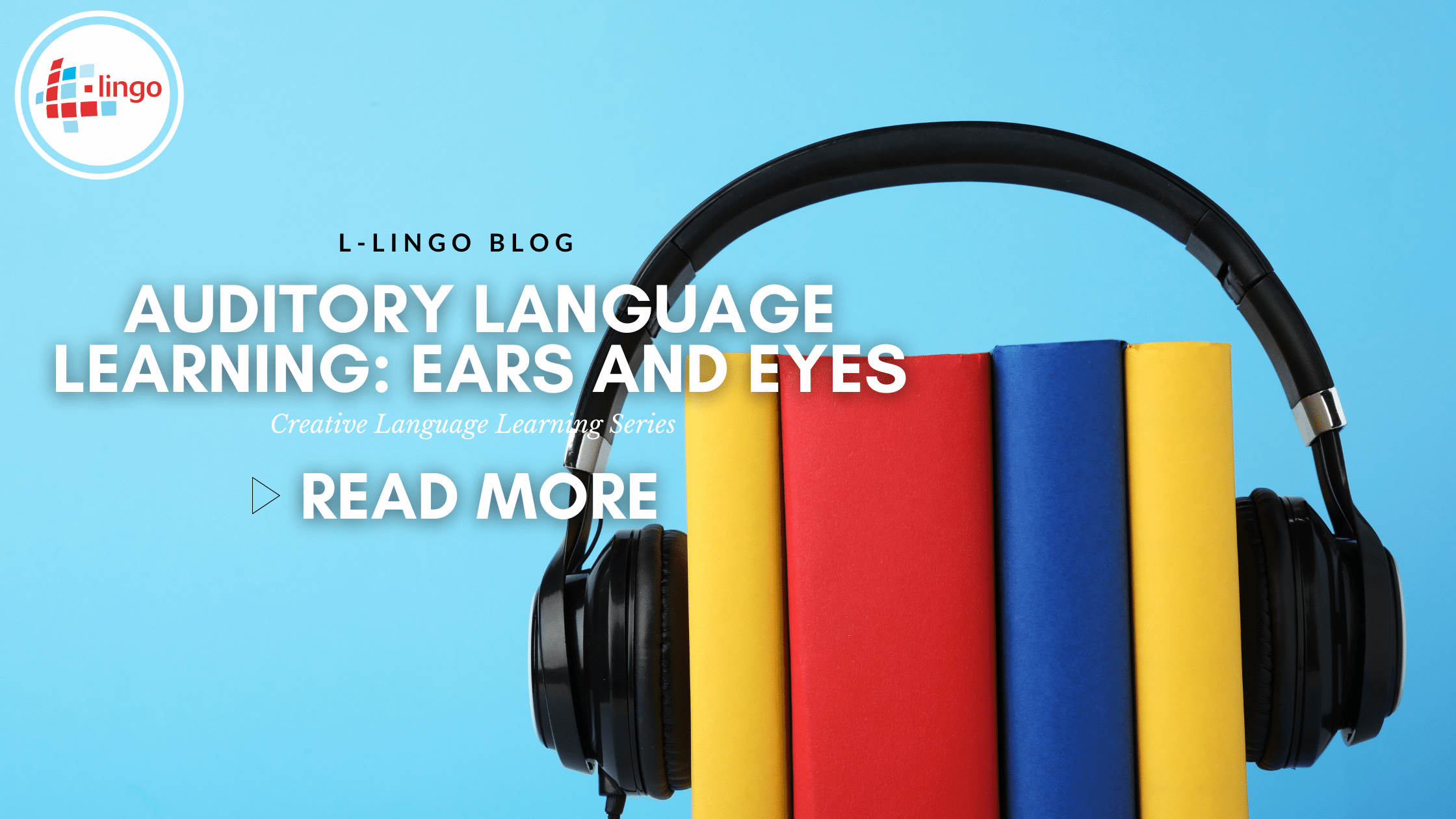Learning a language is one of the most rewarding things you can do in your lifetime. Nevertheless, it is still a challenging task, and sooner or later everybody hits the language learning plateau. It’s nothing to be ashamed of, and just like puberty– everybody has to go through it.
I’ve experienced at least 3 plateaus in my journey, each one more daunting than the last. The last one, however, was the greatest challenge I’ve ever faced. Since moving to my target language’s country, my language skills took a dive for the worst. Everything just felt out of place, new and unrecognizable. Speaking to natives gave me more of a headache than a feeling of satisfaction. And watching everyone around me communicate fluently, while I took 10 seconds to think of an appropriate sentence was more than embarrassing. But, the good news is that it didn’t last forever. Now, I’m making more progress than ever before in my target language!
In this article, we’ll be discussing the infamous language learning plateau.
What is a Plateau In Language Learning?
Are you familiar with the straight line ridge on a mountain or rock formation? It’s usually right before the mountain begins to rise again. It looks something like this:
/————————————————————/.
Well, that’s a plateau, and in language learning, it usually symbolizes stagnancy of progress.
Plateaus are generally thought of as moments of failure in language learning, but you don’t necessarily have to think of it this way. Reaching a language learning plateau, as contradictory as it sounds is a sign of remarkable progress. Think about all the knowledge you would’ve had to absorb to STOP making progress, it’s really more of a positive thing than a negative one if you see it in that light.
This is probably a better example than a line and a slash.

How To Know When You’ve Plateaued
There are tell-tale signs that you’ve reached a plateau. Here are a few ways to tell if you’ve been hit by the might plateau.
- You feel like you’re not making any progress
- You feel like you should be light years ahead than your current level
- Your motivation plummets
- If you’ve screamed aloud to yourself “NOTHING’S WORKING!
What Does It All Mean?
Well, I can tell you what it doesn’t mean.
- It doesn’t mean that you’ve failed to learn the language.
- It doesn’t mean that you suck at learning the language.
- It doesn’t mean that the language just isn’t for you.
- It doesn’t mean that you should give up on language learning.
- It doesn’t mean that there is no more content to learn.
- It doesn’t mean that you’re defective.

Why Did I Plateau?
You’re probably asking yourself why you even plateaued in the first place. And if you aren’t asking that question, you should start now because it’s essential that you understand the reason. You could’ve plateaued for a number of reasons, my reason was that I got too lazy and too comfortable. I sat back and pretended as if I knew enough until I got a reality check in my dream destination. Here are some other reasons why this might have happened:
Boredom
Let’s be honest with ourselves as language learners for a minute. Yes, learning new words, sentences and grammar can be fun and exciting. But if you really break it all down, the process is repetitive.
Repetitive is boring.
The repetitive art of language learning isn’t usually a problem until we NOTICE how repetitive it is. Have you ever been in love with a certain food then suddenly you come to a realization that the food isn’t even all that good, and that you could be eating something else? Language learning is the food, and that something else is whatever draws your attention away from language learning to satisfy your boring.
Loss Of Focus
This reason isn’t so much as becoming “distracted”, rather it’s that you don’t have a specific focus. For example, if you don’t know what you need improvement in you’re likely to shuffle in and out various aspects of your target language. Language is encompassing, but there are times when you need to buckle down on one or two specific details that you’re missing.
My teacher told me last week that I have phenomenal speaking and reading skills, but my grammar is kind of… lacking. She said that after noticing me using the same sentence patterns for an entire semester, even after learning new ways to express myself. My jaw dropped because what she said was true, I haven’t added a new grammar term to my spoken language in months!

Moral of the story is…find what you’re lacking in and fix it.
Life
There is a saying that goes “Life is a B**CH”, and it’s pretty self-explanatory. Sometimes life just gets in the way of what we love doing, and what we love doing as language learners are learning languages. Life’s struggles can come in many forms; work, family, friends, new workout routines, travel plans, unexpected moves, etc. Things just get in the way sometimes and we end up forgetting that we were ever learning a language.
Breaking Through The Plateau
Whether your plateau is visualized as a wall, fence, road, or the flat point on a mountain ridge, there are ways to overcome this point in language learning. We’ve laid out some of the ways below.
Set Realistic Goals
If you’ve plateaued that means your goals are no longer enough to get you through your journey. What I’m saying here is that you’ve already reached where you wanted to go in your journey. So subconsciously you’ve managed to trap yourself in limbo. You have two options in this scenario:
- Expand your goals.
- Change your goals completely.
Example
If I wanted to learn Japanese to be able to read comic series, then that’s exactly what I would do. I wouldn’t learn vocabulary or grammar to read light novels or academic documents because those would be outside my goal.
TIP
Don’t bite off bits bigger than you can chew. Keep the content you expose yourself to slightly outside of your skillset. You’ll be able to maintain what you’ve learned and what you are currently learning.
Example
“I learned Spanish to be able to read fairy tales.” If this was your motive, but you’ve realized that you want to expand your understanding of the language to more than just fairy tales, you would need something slightly more advanced than “The Ginger Bread House”, but not too advanced. In this case, your next book should be something like “Spanish Mythology “, rather than “Harry Potter and the Chamber of Secrets.”
Don’t Underestimate Native Speakers
Immersion, i.e speaking to native speakers will always be top ranking in language learning. Think about this, you’re learning a language that you weren’t born with, but somebody else was. That means in order to learn the language in a fluent manner. Keeping silent will do more damage than good in the long run. Textbooks, audio recordings, and YouTube singalongs will only get you to a certain point. If you lack communication, then you lack the language. If you can try taking a leap of faith and travel to your target language’s country – that could be just the motivation you need. Not to mention you’ll have the time of your life, culture shock is one hell of an experience.

Increase Vocabulary Ten-Fold!
Words are the building blocks to a language, they create everything. How many words are you aware of in your first language? You probably can’t even give me an accurate number. This should be the mindset you have when learning a foreign language. Keep stacking vocabulary, the more the better. Vocabulary acquisition in our native language is unconscious in most cases. If we see something we aren’t familiar with, we don’t take out a notepad and attempt to memorize its origin, spelling, and definition. Rather we incorporate its existence into our own.
Example
“The firefighter is using the fire hydrant for his supply of water.”
The trick here is that you have no idea what a fire hydrant is. What do you do? You look around to see what the firefighter is using as a source of water.\
Change The Method
What are you learning and how are you learning it? When it comes to breaking through your plateau it’s all about your approach. Would you fight a lion with your fists or with a sword? Okay don’t answer that because they’re endangered and we shouldn’t be trying to kill them anyway, BUT THE POINT STANDS!
Change The Routine
Changing your routine can give you fresh ideas, restore your focus and re-motivate your agenda. What’s your language learning schedule like? Does it seem to flow or is it inconsistent? If you stick to one routine and method for too long your brain will go on autopilot. It’s good to shake it up from time to time to see what works best for you. Your environment, timing, and mood all play an essential role in the consistency of your learning schedule.
Patience Is Golden
If you don’t have patience, you’ll never get through your plateau. That’s the bottom line of this whole shebang. How much are you willing to endure for the sake of future progression? Relapse in language learning is a real thing, but it’s not the end of the world so long as you stick to the routine. Once you’ve managed to build up that unrelenting tenacity we language learners tend to have the idea of “patience” is second nature.
Don’t let the plateau intimidate you! Believe it or not, although the plateau may symbolize a state of stagnancy, you’ve actually made tremendous progress to even get to that point in the first place. How much are you willing to endure for the sake of future progression?
Stay creative, be consistent and always remember your initial motivations.





